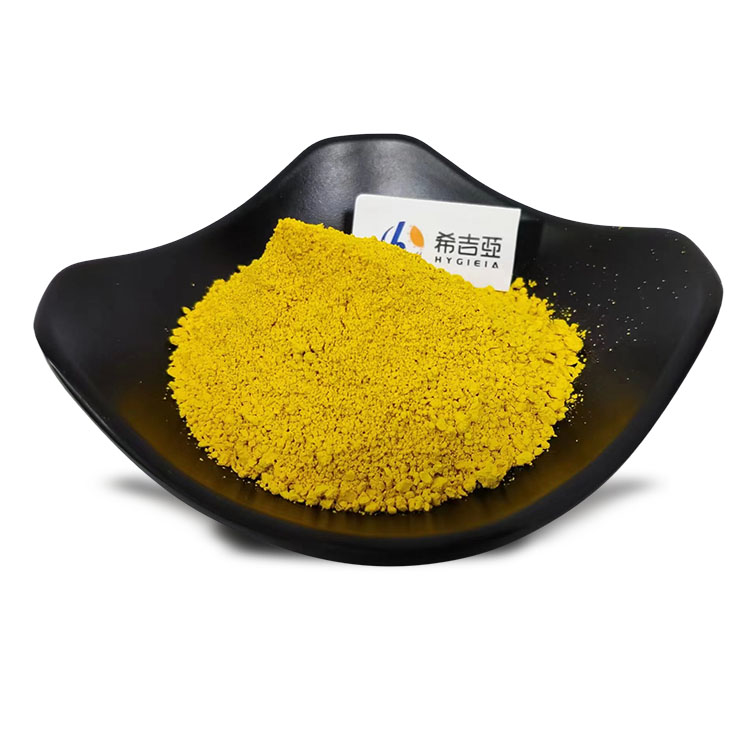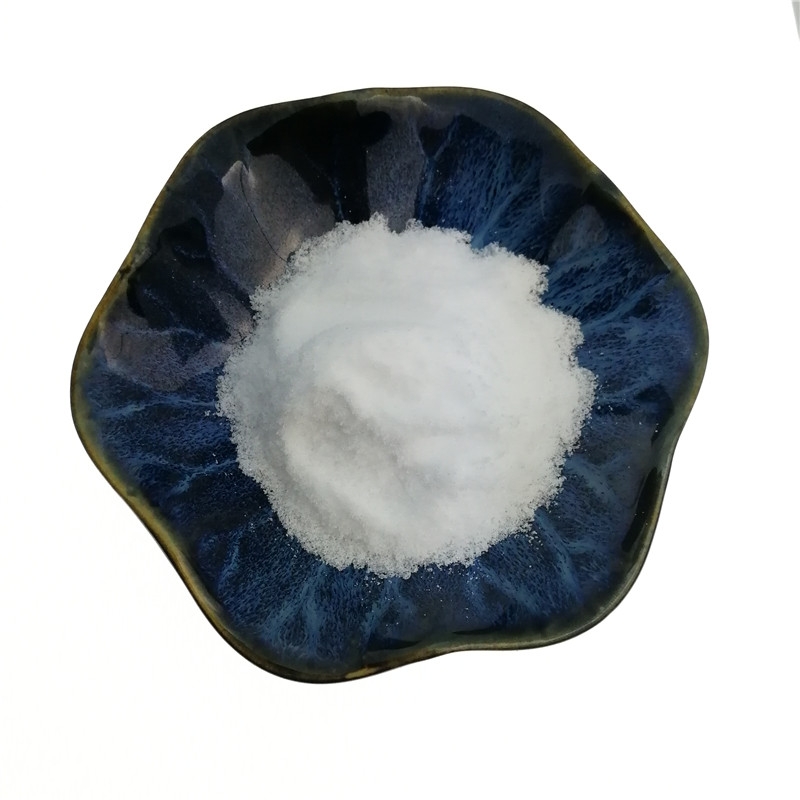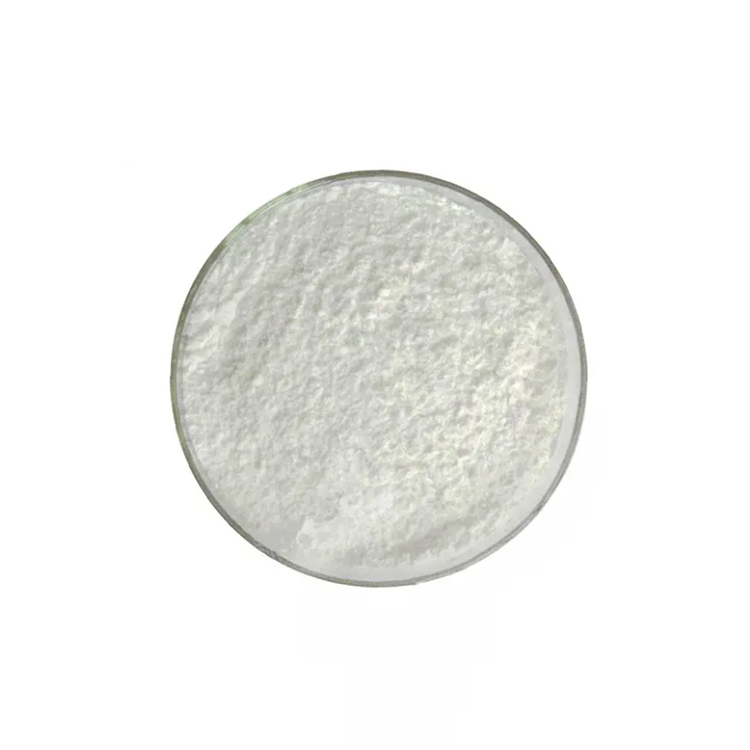-
Categories
-
Pharmaceutical Intermediates
-
Active Pharmaceutical Ingredients
-
Food Additives
- Industrial Coatings
- Agrochemicals
- Dyes and Pigments
- Surfactant
- Flavors and Fragrances
- Chemical Reagents
- Catalyst and Auxiliary
- Natural Products
- Inorganic Chemistry
-
Organic Chemistry
-
Biochemical Engineering
- Analytical Chemistry
- Cosmetic Ingredient
-
Pharmaceutical Intermediates
Promotion
ECHEMI Mall
Wholesale
Weekly Price
Exhibition
News
-
Trade Service
Recently, "Flavor World 2" is on the air
.
In the first episode of "Sweet Misty Record", the "Honey Hunter" follows the most traditional and primitive honey hunting techniques to collect wild honey.
After watching it, many people are fascinated and eager to try this wild honey
.
.
In the first episode of "Sweet Misty Record", the "Honey Hunter" follows the most traditional and primitive honey hunting techniques to collect wild honey.
After watching it, many people are fascinated and eager to try this wild honey
.
There are also a lot of wild honey on the market now
.
Many people ask me, is wild honey healthier? Will there be any problems? Do you want to buy wild honey? Today we are going to talk about wild honey
.
.
Many people ask me, is wild honey healthier? Will there be any problems? Do you want to buy wild honey? Today we are going to talk about wild honey
.
1.
Is wild honey healthier?
Is wild honey healthier?
The so-called "wild honey" refers to the honey made by wild bees collecting wild flowers
.
Many people think that "wild honey" is a purely natural product, and they take it for granted that wild honey is healthier
.
.
Many people think that "wild honey" is a purely natural product, and they take it for granted that wild honey is healthier
.
But this is actually a complete misunderstanding
.
.
Compared with ordinary honey, the flowers picked by "wild bees" may be different, so the taste may be a little different.
This is why many people like wild honey, and many people even think that wild honey is more fragrant and more delicious
.
But their nutritional value is almost the same
.
This is why many people like wild honey, and many people even think that wild honey is more fragrant and more delicious
.
But their nutritional value is almost the same
.
Because honey is nectar collected by bees from the flowers of plants, its main ingredient is sugar, which accounts for more than 80% of the honey, and more than ten percent of the water is removed, and the other ingredients are less than 1%.
One part usually has some vitamins and minerals, but the amount is really
One part usually has some vitamins and minerals, but the amount is really
Lacklustre
.
.
Therefore, whether it is "wild honey" or ordinary honey, from the point of view of nutritional composition, they are mainly sugar, which is always a food with high calories and a high degree of nutrition
.
.
2.
Is wild honey safer?
Is wild honey safer?
More importantly, "wild honey" may also have safety risks
.
It is not clear what kind of wild flower honey is collected by "wild bees".
The vast majority of flowers are non-toxic, but a few types of honey contain toxic ingredients
.
If it happens that a small batch of honey collects pollen from these plants in large quantities, and the honey has not been processed, it may be dangerous
.
.
It is not clear what kind of wild flower honey is collected by "wild bees".
The vast majority of flowers are non-toxic, but a few types of honey contain toxic ingredients
.
If it happens that a small batch of honey collects pollen from these plants in large quantities, and the honey has not been processed, it may be dangerous
.
For example, the Hong Kong Center for Food Safety once notified that consumers who purchased "azalea honey" were poisoned because of the natural azalea honey contained in azalea honey
.
.
Ashwood toxin is a natural toxin.
Most people know that it is produced by azaleas.
Honey that is contaminated with ashwood toxin has a bitter taste.
After eating, it may cause ashwood toxin poisoning, also known as "crazy honey poisoning.
" Patients will quickly develop symptoms such as dizziness, fatigue, profuse sweating, excessive saliva, numbness of the limbs, and nausea
.
In addition, there may be "pyrrolizidine alkaloids" and "Hydroxycristine toxin" in honey.
Most people know that it is produced by azaleas.
Honey that is contaminated with ashwood toxin has a bitter taste.
After eating, it may cause ashwood toxin poisoning, also known as "crazy honey poisoning.
" Patients will quickly develop symptoms such as dizziness, fatigue, profuse sweating, excessive saliva, numbness of the limbs, and nausea
.
In addition, there may be "pyrrolizidine alkaloids" and "Hydroxycristine toxin" in honey.
And other toxins
.
.
In the past few years, 19 villagers in Fujian, my country ate "wild honey"
It caused poisoning and killed 3 people because of accidental consumption of "tripterygium wilfordii honey
.
" The pollen of Tripterygium wilfordii contains different alkaloids, and they are all quite toxic
.
In addition, many wild honeys are canned without disinfection.
In the video of # #2, you can also see that they pour the honey directly into the jars after picking it up.
This makes it easy to have microbes or bacteria problems, and there are also problems.
The problem is easy to deteriorate
.
.
" The pollen of Tripterygium wilfordii contains different alkaloids, and they are all quite toxic
.
In addition, many wild honeys are canned without disinfection.
In the video of # #2, you can also see that they pour the honey directly into the jars after picking it up.
This makes it easy to have microbes or bacteria problems, and there are also problems.
The problem is easy to deteriorate
.
In 14 years, he was poisoned by eating Tripterygium wilfordii honey
.
Picture source news screenshot
.
Picture source news screenshot
Don't eat honey for babies under 3.
1 years old!
1 years old!
The last thing to remind is that babies under one year old really shouldn't eat honey
.
This is because honey may contain botulinum toxin
.
Botox is widespread in the natural environment, and many foods
.
This is because honey may contain botulinum toxin
.
Botox is widespread in the natural environment, and many foods
There may also be a risk of botulinum contamination
.
For children and adults over 1 year old, even if they eat honey that contains a small amount of Clostridium botulinum, the original intestinal flora can inhibit the growth of Clostridium botulinum, so that botulinum toxin will not be produced.
.
.
For children and adults over 1 year old, even if they eat honey that contains a small amount of Clostridium botulinum, the original intestinal flora can inhibit the growth of Clostridium botulinum, so that botulinum toxin will not be produced.
.
The intestinal flora of infants under 1 year old is still very fragile and more sensitive to toxins.
If you accidentally eat contaminated honey, they are very susceptible to poisoning
.
If you accidentally eat contaminated honey, they are very susceptible to poisoning
.
In general, wild honey is not healthier.
On the contrary, there may be a certain safety risk.
It is recommended not to blindly follow the trend and buy wild honey just because you watched this documentary
.
On the contrary, there may be a certain safety risk.
It is recommended not to blindly follow the trend and buy wild honey just because you watched this documentary
.
Don't eat honey for babies under 3.
1 years old!
1 years old!
The last thing to remind is that babies under one year old really shouldn't eat honey
.
This is because honey may contain botulinum toxin
.
Botox is widespread in the natural environment, and many foods
.
This is because honey may contain botulinum toxin
.
Botox is widespread in the natural environment, and many foods
There may also be a risk of botulinum contamination
.
For children and adults over 1 year old, even if they eat honey that contains a small amount of Clostridium botulinum, the original intestinal flora can inhibit the growth of Clostridium botulinum, so that botulinum toxin will not be produced.
.
.
For children and adults over 1 year old, even if they eat honey that contains a small amount of Clostridium botulinum, the original intestinal flora can inhibit the growth of Clostridium botulinum, so that botulinum toxin will not be produced.
.
The intestinal flora of infants under 1 year old is still very fragile and more sensitive to toxins.
If you accidentally eat contaminated honey, they are very susceptible to poisoning
.
If you accidentally eat contaminated honey, they are very susceptible to poisoning
.







